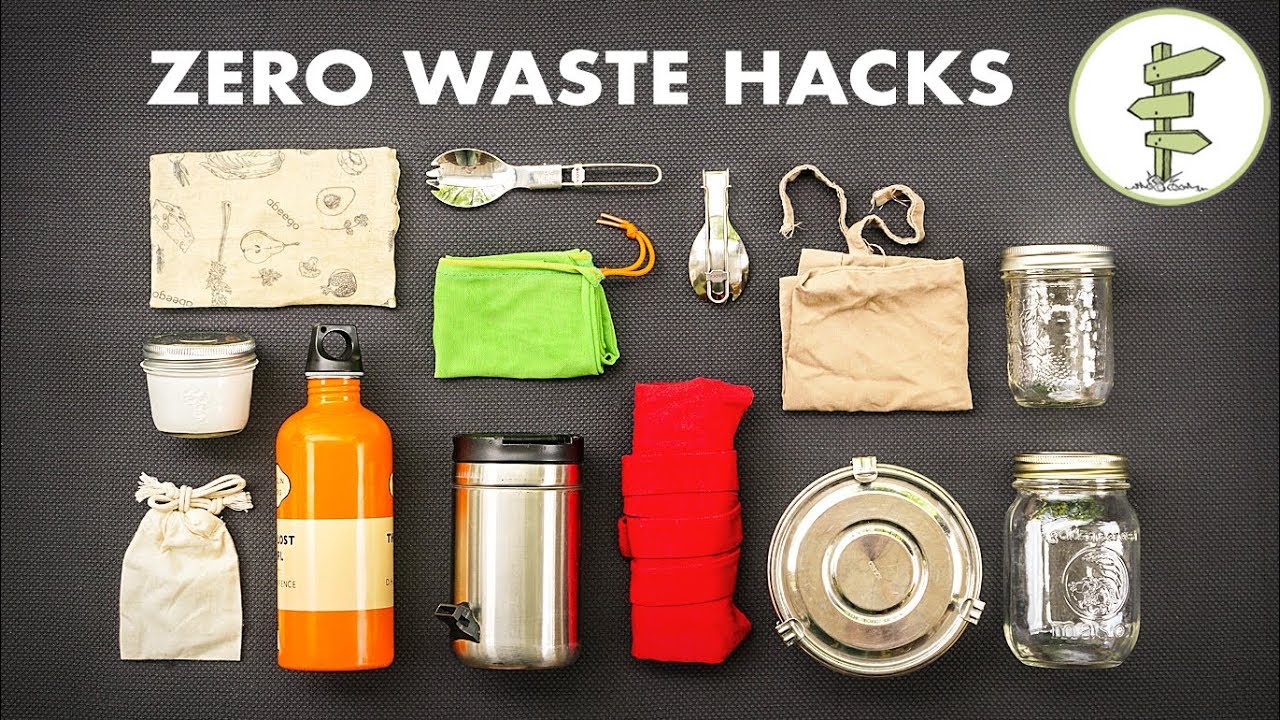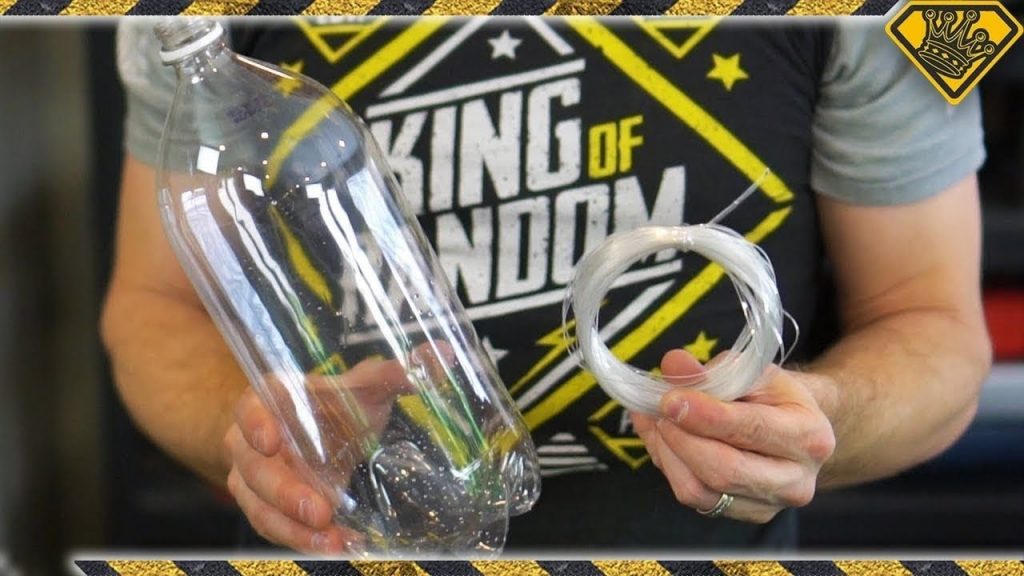12 Cheap & Easy Tips for Reducing Your Waste – Sustainable Zero Waste Hacks

Waste Hacks
We’re sharing a dozen cheap and easy tips to help beginners reduce their garbage output and transition to a low waste, or zero waste lifestyle.
Why is reducing waste essential in today’s world?
Reducing waste has become a necessity in today’s world. With waste disposal becoming increasingly difficult and harmful to the environment, it is essential to practice sustainable living. However, many people find it challenging to adopt zero-waste habits because they perceive it as expensive and demanding. That is not the case. Below are twelve cheap and easy tips for reducing your waste and transitioning towards sustainable living.
1. Bring your reusable bags when going shopping.
Disposable plastic bags are a nightmare for the environment. They take thousands of years to decompose and pose a significant threat to marine life. Bringing your reusable bags whenever you go shopping is one of the easiest ways to reduce your waste.
2. Use a refillable water bottle.
Single-use plastic bottles also add up to the waste, with millions ending up in landfills and oceans. By using a refillable water bottle, you can save money and reduce waste.
3. Avoid buying disposable products.
Disposable products such as paper plates, cups, and razors increase waste in the home. Instead of using disposable products, switch to reusable ones, such as fabric napkins or metal razors.
4. Compost food waste.
Food waste takes up a significant amount of space in landfills, producing methane gas that is harmful to the environment. Composting food waste is an excellent way of reducing the amount of waste that ends up in landfills.
5. Buy in bulk.
Packaging materials from products take up much space in the trash. Buying items in bulk, such as grains, nuts, or even soap, can reduce overall waste.
6. Bring your containers when ordering takeout.
When ordering takeout, you can bring your containers instead of using single-use packaging that piles up in the trash.
7. Use cloth towels instead of paper towels.
Paper towels contribute to the waste produced in homes. Using cloth towels is a small yet essential step towards reducing your waste.
8. Reuse glass jars.
Glass jars with lids can be repurposed to store bulk items, homemade jams or salad dressings, etc.
9. Shop second-hand.
Shopping second-hand is another excellent way to reduce waste. Clothes, furniture, and kitchenware are some examples of items that can be found second-hand.
10. Say no to single-use plastics.
When shopping, say no to plastic straws, cutlery, and coffee stirrers. These single-use plastics are used in large quantities and are hard to recycle.
11. Sell or donate items you no longer need.
Instead of throwing away items that you no longer need, donate or sell them. Someone else may find better use for them.
12. Use reusable containers for storing food.
Plastic bags and containers accumulate in the trash, adding to waste. Instead, use reusable containers to store food items, such as lunch boxes and glass containers.
Transitioning towards zero-waste living does not have to be expensive or complicated. Adopting small habits and making simple changes to your lifestyle can significantly reduce waste. With these tips, you can contribute towards reducing waste in your home and create a cleaner, more sustainable environment.









Weed Fraud: Are you Getting Cheated?
How To GROW Asparagus The LAZY Way!
This Is The NEW Koenigsegg Gemera – And I’ve ORDERED One! 1700hp & 4 Seats
Robot spy gorilla infiltrates a wild gorilla troop ????️???? | Spy In The Wild
How a Tranquilizer Dart Works in Slow Motion